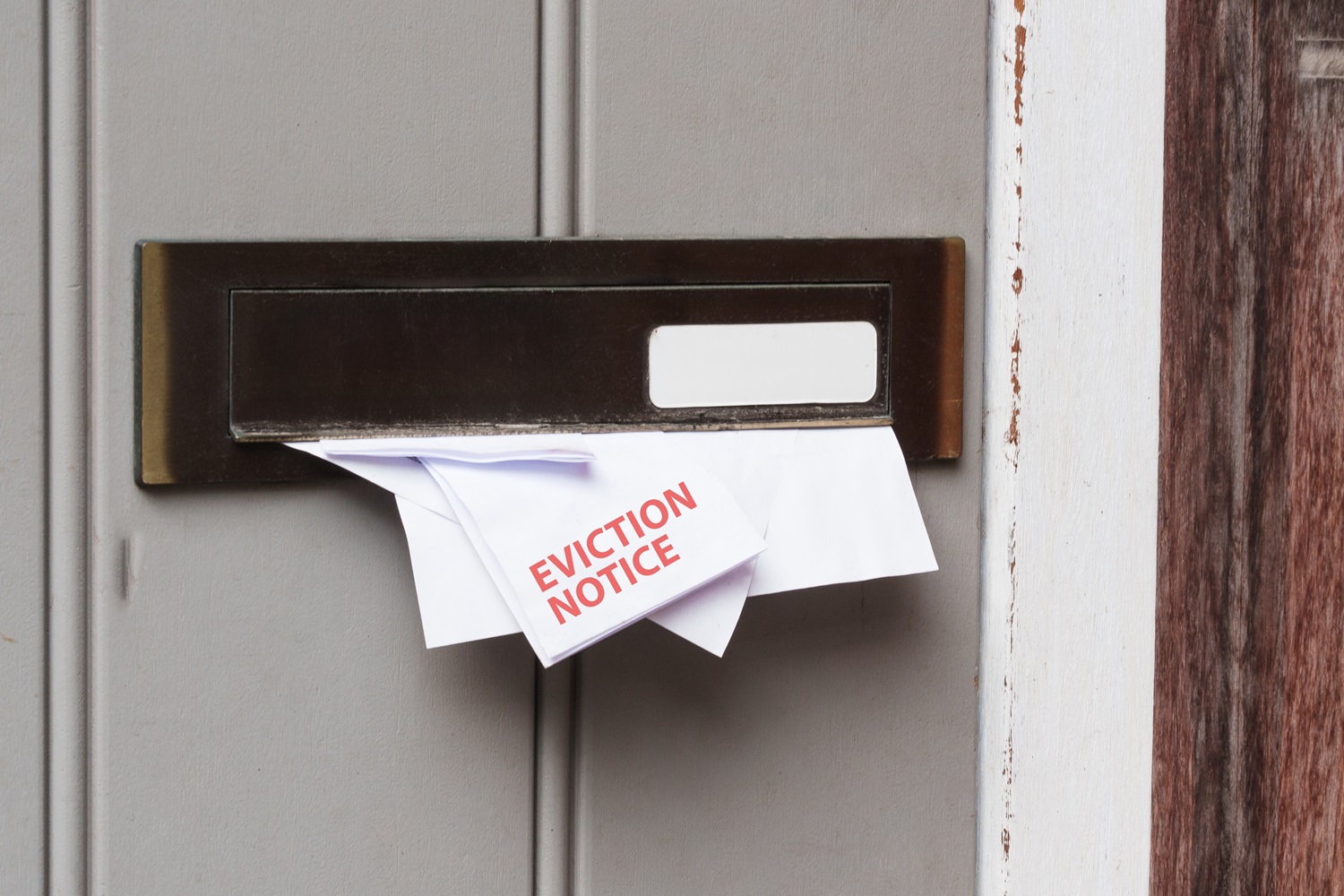Landlords across the UK frequently face the stressful situation of tenant eviction. Knowing how to navigate the delicate process is a tough challenge for any landlord to handle.
Knowing how to manage the eviction process, and which notice is required is crucial, and we’re here to help you through it. In this article, we’re going to be exploring the Section 8 and Section 21 eviction notices as set out by the Housing Act 1988.
We’ll explain the differences between the two notices and how to best handle each one. Read on to find out more and to ensure that you’re up to date with your rights, duties, and knowledge as a landlord when it comes to the eviction process.
When to begin the eviction process
Before you even consider getting bailiffs involved, ensure that the situation has been thoroughly discussed with the tenant. There could be all sorts of issues at hand, such as medical problems. Be personable, and don’t immediately go in all guns blazing.
If this fails, another option to consider is a mediation service. Not only will these options save you money and time in the long run, but they can also reduce the chance of personal stress.
However, if your attempts at communication and conflict resolution fall on deaf ears, you will have no choice but to go to court to resolve the matter.
Starting the eviction process
To start legal proceedings, make sure you know which notice you need to serve your tenant. The Section 8 notices and Section 21 notices from the Housing Act 1988. You need to know which is best suited to you and your tenant’s situation.
Section 8 Notices
A section 8 notice applies when a tenant has broken the agreement with the landlord. Breaches to the landlord and tenant agreement can include arrears in rent payments or anti-social behaviour.
Unlike Section 21 notices, a Section 8 notice can be filed even if the fixed term on the tenancy agreement has not yet expired. That said, specific legal grounds are required to successfully obtain a Section 8 notice.
You’ll need to provide clear evidence and proof before the court, as there is a possibility that your claims will be challenged. Notice periods also fluctuate under Section 8, ranging from anywhere between two weeks and two months depending on the situation.
The grounds for Section 8 notices fall under a mandatory or discretionary category. Proven mandatory grounds can lead to an official order from the court to your tenant, which will tell them that they need to vacate the property.
If you instead pursue discretionary grounds, the courts will have to convene and choose the most suitable outcome. You can find out more about which grounds are mandatory and which are discretionary under Schedule 2 of the Housing Act 1988. Make sure to thoroughly examine this part of the act if you are planning to pursue a Section 8 notice.
Section 21 Notices
Section 21 notices don’t need a specific reason for eviction, unlike Section 8 notices. They tend to be sought after a tenant’s fixed term has ended or if there is no specific end date to a periodic tenancy.
You need to give your tenants at least two months’ notice with a Section 21 notice. You also can’t use this notice if the tenant has been residing in your property for less than four months.
Need help navigating the legal procedures of bailiff evictions and notices? Osbourne Pinner is here to guide you through it.
Knowing the intricacies and fine details of tenant evictions, bailiff intervention, and notices is undoubtedly stressful for landlords. Any minor discrepancies can lead to your case being dismissed.
It’s best to get professional aid from experts in the field to ensure that you know exactly how to handle the situation, which is where Osboure Pinner comes in.
The solicitors at Osbourne Pinner offer legal advice to landlords dealing with the tenant eviction process in the UK. Their wealth of experience and knowledge of the intricacies of tenant eviction processes will help you through the legal red tape with as little stress as possible.
Contact the team at Osbourne Pinner today to find out more and book in a free consultation to discuss the matter in further detail. Contact Osbourne Pinner today for a free consultation via Zoom or face to face at our offices at Piccadilly Circus, Harrow or Canary Wharf. To get started, call 0203 983 5080, email us at [email protected] or use this form. Whether you’re based in Westminster, Leicester Square or Kensington, we’re here to help.




